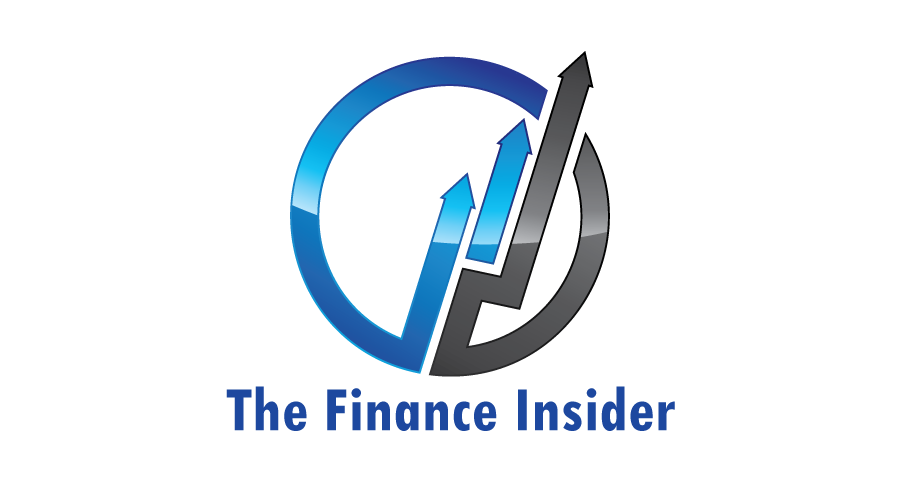Securing the funds to grow your small or medium-sized enterprise (SME) can be a daunting task, especially when traditional lenders demand collateral. This is where unsecured business loans come into play, offering a lifeline without the need for assets. Whether you’re looking to expand operations, invest in new equipment, or simply manage cash flow, these loans can be extremely useful.
Figuring the financial landscape can be tricky, but understanding your options is crucial. Unsecured business loans provide a flexible, accessible solution for SMEs across the UK. With no need to tie up valuable assets, you can focus on what really matters—driving your business forward.
Understanding Unsecured Business Loans
Unsecured business loans provide vital access to funds without the need for collateral. These loans can be a lifeline for small and medium-sized enterprises (SMEs) seeking to grow, invest, or manage cash flow. If you don’t have assets to secure a loan and need financing, these loans offer a solution.
What Are Unsecured Business Loans?
Unsecured business loans are loans that don’t require any collateral. This means you don’t have to pledge your property, equipment, or inventory as security. Instead, lenders offer these loans based on your creditworthiness and business performance.
Why Choose Unsecured Loans?
Unsecured loans might be the right choice when you’re looking for flexibility. Since no assets are on the line, they come with lower risk for you. This can be particularly helpful if your business is just starting out or doesn’t have valuable assets.
Consider how these loans could affect your business. You get quicker access to capital since there’s less paperwork involved compared to secured loans. Lenders don’t need to value your assets, which can speed up the approval process significantly.
Potential Risks
While unsecured loans can be helpful, they come with higher interest rates. Lenders charge more to offset the risk of no collateral. This means you’ll end up paying more over the life of the loan. Defaulting on these loans can hurt your credit score. Your personal and business credit ratings are at stake if you miss payments, making future borrowing more challenging and expensive.
How to Qualify
Securing an unsecured loan often requires a good credit score and a solid business plan. Lenders assess your credit history, financial statements, and business performance before making a decision. High-revenue businesses with positive cash flow stand a better chance of qualification.
Common Lenders
Many types of financial institutions offer unsecured business loans, including banks, credit unions, and online lenders. Each has its own criteria and loan terms. Online lenders tend to have more relaxed requirements but may charge higher rates.
Benefits Of Unsecured Business Loans For SMEs
Unsecured business loans can offer SMEs numerous advantages. Let’s explore the key benefits they bring to your business.
Quick Approval Process
Speed is often crucial for SMEs. With unsecured loans, the approval process tends to be faster, allowing you to access needed funds quickly. Online lenders can approve applications in less than 24 hours. This rapid turnaround is perfect for opportunities you need to seize immediately. Missing a great chance can mean losing out on growth. Think about the last time you needed immediate funds. How would a swift loan approval have helped you?
No Collateral Required
Traditional loans often require collateral. Unsecured business loans do not, reducing the risk for your assets. There is no need to pledge property or equipment. This approach is ideal for businesses with few assets or those unwilling to risk them. You can focus on using the funds for growth rather than worrying about the safety of your assets. This also simplifies the paperwork, speeding up the process and reducing stress.
Flexible Repayment Options
Unsecured business loans provide more flexible repayment terms. You might find repayment options tailored to your cash flow, whether weekly or monthly. This allows you to manage payments more effectively. Adjusting the repayment schedule to match your revenue cycle can ease financial pressure. Does your business experience seasonal fluctuations? Flexible repayments can help manage those ups and downs without straining your finances.
Types Of Unsecured Business Loans
Exploring the different types of unsecured business loans can help you find the best fit for your SME. Each type serves a unique purpose and offers distinct advantages.
Short-Term Loans
Short-term loans provide quick access to funds, typically repaid within 3 to 18 months. These loans suit immediate financial needs, such as covering operational expenses or bridging temporary cash flow gaps. Cosigners ensure lower risk despite the absence of collateral. You might obtain amounts up to £500,000 depending on your business’s financial health.
Merchant Cash Advances
Merchant cash advances offer up-front cash in exchange for a percentage of future debit and credit card sales. Perfect for businesses with a steady stream of card transactions, they adjust repayment based on daily sales, helping manage cash flow. Repayment terms reflect revenue, allowing flexibility as your business grows. Process times are usually fast, often within a few days.
Business Credit Cards
Business credit cards provide revolving credit lines you can use for various expenses. These cards offer flexibility for daily purchases, travel expenses, and emergency funding. You gain access to credit limits based on your creditworthiness, typically ranging from £1,000 to £50,000. Managing payments promptly may help improve your credit score and increase your credit limit over time.
Factors To Consider When Applying
Applying for an unsecured business loan involves several key factors. Understanding these can help you make an informed decision.
Interest Rates
Interest rates vary widely among lenders. Higher interest rates often come with unsecured loans due to the absence of collateral. Certain lenders offer fixed rates while others provide variable options. Fixed rates stay the same throughout the loan term. Variable rates, however, can change depending on market conditions. Research different lenders and compare their offerings. Look out for any additional fees, too, as these might affect the overall cost.
Loan Amount Limits
Loan amount limits often depend on your business’s creditworthiness and performance. Small and medium-sized enterprises (SMEs) usually find lower maximum limits, as unsecured loans carry higher risks for lenders. Most lenders base limits on annual revenue, credit score, and business plan strength. Check if the limit matches your funding needs. Too small an amount might not cover your plans. Too large could lead to unnecessary debt.
Repayment Terms
Repayment terms for unsecured business loans can be quite flexible. Typically, terms range from six months to five years. Shorter terms mean higher monthly payments but less interest over time. Long terms might offer lower payments but increase the total cost. Some lenders allow early repayment without penalties. Clarify options with the lender and consider what suits your cash flow. Flexibility in repayment can be crucial for managing your financial health effectively.
Last Thoughts
Unsecured business loans can be extremely useful for SMEs looking to grow without the burden of collateral. They offer quick access to funds and flexible repayment options tailored to your business needs. However it’s essential to weigh the higher interest rates and ensure you have a solid business plan. By managing repayments promptly you can improve your credit score and potentially increase your credit limits. Always clarify terms with lenders and understand the implications to make the best financial decisions for your business.



